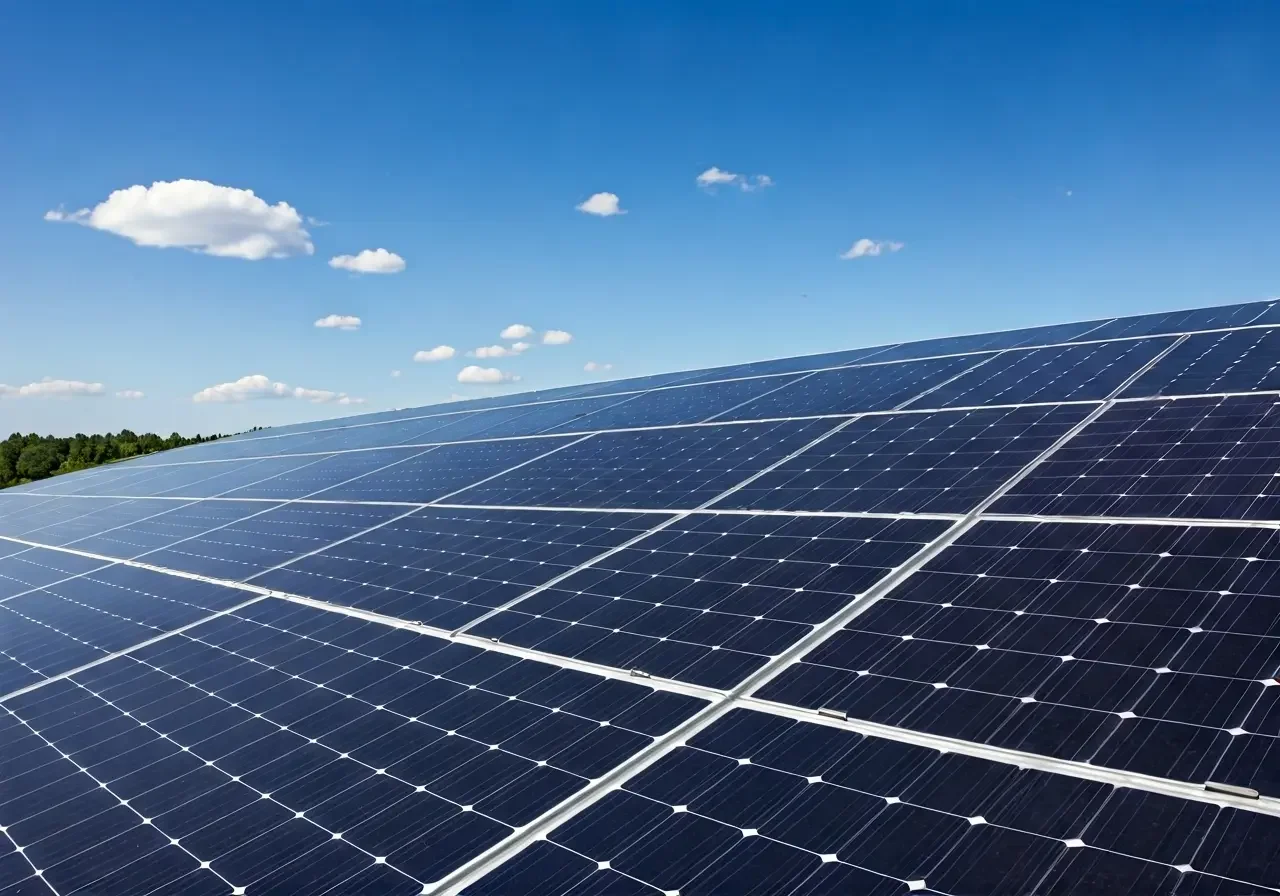Why Is Residential Storage Important for Energy Independence?
In today's world, where energy independence is becoming increasingly vital, residential storage is gaining significant attention. But why is residential storage so essential for achieving energy autonomy? In this article, we’ll explore its importance and how it serves as a cornerstone in the quest for energy independence.
Understanding Residential Storage
Residential storage refers to systems that store energy for later use, typically gathered from renewable sources like solar panels. This setup allows homeowners to save energy when it's abundant and use it when needed, promoting energy independence.
One might wonder why this shift is taking place now. The key lies in the increasing efficiency and decreasing costs of renewable technologies. Residential storage acts as the perfect partner to renewable systems, capturing excess energy during daylight hours and delivering it in the evenings or during cloudy days. This shift is essential for those looking to maximize their return on investment in solar energy.
How Residential Storage Reduces Grid Dependency
By storing energy generated at home, residential storage systems enable households to rely less on the public electricity grid. This independence is crucial during outages or peak demand times when energy costs are higher.
Imagine a stormy night where the grid supply falters. With an efficient storage system, a household can effortlessly tap into its reserves. This capability not only provides comfort during adverse situations but also translates to financial savings during periods of heightened grid reliance. It's a safety net that offers resilience and security.
The Environmental Impact of Residential Storage
Utilizing residential storage systems decreases the need for fossil fuels, thereby reducing carbon emissions. By supporting the use of renewable sources, homeowners contribute to a cleaner and more sustainable environment.
Moreover, adopting such systems can alleviate pressure on public power plants, often powered by non-renewable sources. This shift leads to fewer emissions from large-scale energy production facilities. As more households switch to storage-backed renewable energy systems, the cumulative impact on global emissions can be significant, aiding in the fight against climate change.
Economic Benefits of Energy Independence Through Storage
Aside from environmental advantages, residential storage can lead to significant cost savings on electricity bills. By maximizing energy use during off-peak times, households can lower their expenses and protect against rising energy costs.
Furthermore, as energy prices continue to fluctuate, having a backup storage system ensures that homeowners are insulated from sudden increases in electricity rates. Over time, this predictability in energy spending can lead to substantial savings and financial stability for households.
Innovations in Residential Storage Technology
The advancement in storage technologies, such as lithium-ion batteries, has made residential storage more accessible and efficient. These innovations continue to evolve, promising improved capacity and affordability.
Continued research is also pushing the boundaries of battery storage, with new materials and designs being explored to increase energy density and longevity. These cutting-edge developments promise a future where energy storage becomes even more integral to homes, effectively turning them into miniature power stations.
Embracing Residential Storage for a Sustainable Future
Residential storage is more than just a power reserve; it is a pivotal element in the journey towards self-sufficiency in energy consumption. By harnessing the power of stored energy, households can significantly reduce their reliance on the grid and contribute to a more sustainable future.


